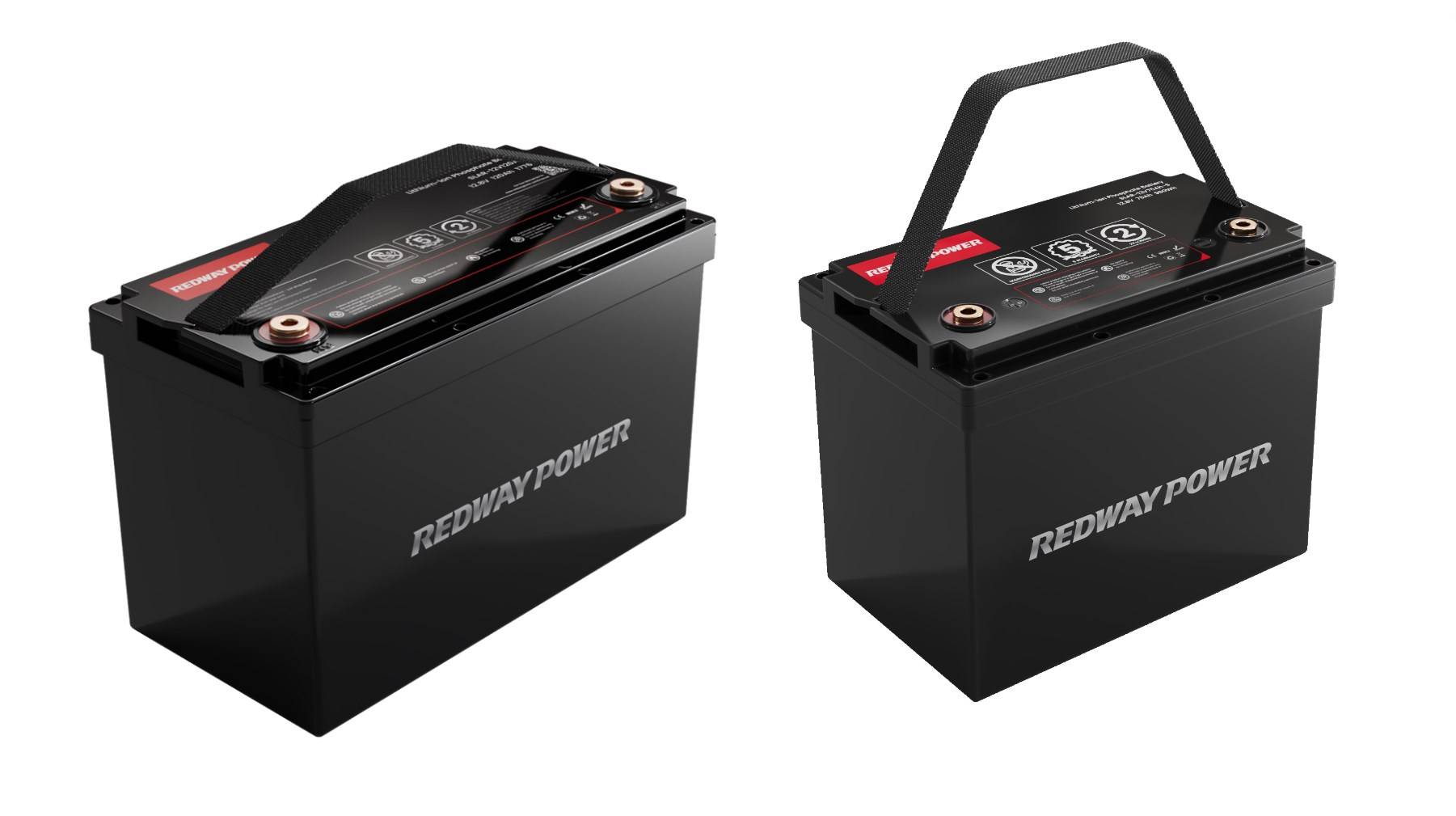A 12V lithium battery is an efficient and versatile energy storage solution, ideal for various applications from home energy systems to portable devices. Its rechargeable technology allows for quick charging, long cycle life, and minimal maintenance, making it a preferred choice over traditional lead-acid batteries.
How do lithium batteries function in energy storage?
Lithium batteries store energy through electrochemical reactions. When charging, lithium ions move from the positive electrode to the negative electrode, and during discharge, they flow back, releasing energy. This mechanism allows for high efficiency and rapid recharging capabilities, making 12V lithium batteries suitable for diverse applications.
| Process | Charging Phase | Discharging Phase |
|---|---|---|
| Ion Movement | Lithium ions move to negative | Ions return to positive |
| Voltage | Increases as charged | Decreases as discharged |
| Efficiency | High (up to 98%) | Maintains voltage better |
What are the advantages of using a 12V lithium battery?
The benefits of 12V lithium batteries include:
- High Energy Density: More power in a compact size compared to lead-acid options.
- Long Lifespan: Often exceeding 2000 cycles with proper use.
- Fast Charging: Can be fully charged in as little as two hours.
- Lightweight: Generally one-third the weight of equivalent lead-acid batteries.
| Advantage | Description |
|---|---|
| Energy Density | Higher power-to-weight ratio |
| Lifespan | Long cycle life reduces replacement frequency |
| Charging Speed | Quick recharge times enhance usability |
| Weight | Lighter design makes installation easier |
Why is fast recharging important for lithium batteries?
Fast recharging is crucial for maintaining operational efficiency, especially in applications where downtime must be minimized. A 12V lithium battery can recharge significantly faster than traditional lead-acid batteries, allowing users to quickly return to full power after use. This capability is particularly beneficial in off-grid situations or during emergencies.
How does the Battery Management System (BMS) work?
The Battery Management System (BMS) is integral to ensuring safety and performance in lithium batteries. It monitors individual cell voltages, temperatures, and overall health, preventing issues such as overcharging or overheating. The BMS also balances charge across cells, enhancing longevity and reliability.
| BMS Functionality | Purpose |
|---|---|
| Voltage Monitoring | Prevents overcharging |
| Temperature Control | Protects against overheating |
| Cell Balancing | Ensures even charge distribution |
What makes lithium batteries safer than traditional options?
Lithium batteries, particularly those utilizing LiFePO4 technology, are significantly safer than traditional lead-acid counterparts. They have lower risks of thermal runaway and do not emit toxic gases during operation. Additionally, their robust construction minimizes risks associated with physical damage.
How can you optimize the lifespan of a 12V lithium battery?
To maximize the lifespan of your 12V lithium battery, consider these practices:
- Avoid deep discharges; aim for a depth of discharge (DoD) of around 80%.
- Maintain optimal temperature conditions; avoid extreme heat or cold.
- Regularly check BMS functionality to ensure safety features are operational.
What applications benefit from 12V lithium batteries?
Numerous applications can leverage the advantages of 12V lithium batteries, including:
- Solar Energy Systems: Storing excess solar power for later use.
- Marine Applications: Providing reliable power for boats and marine equipment.
- Recreational Vehicles (RVs): Supporting appliances and systems while on-the-go.
- Backup Power Supply: Ensuring continuity during power outages.
How do you choose the right 12V lithium battery for your needs?
Selecting the appropriate 12V lithium battery involves considering factors such as:
- Capacity Requirements: Determine how much power you need based on usage.
- Cycle Life Expectations: Look for models that offer extended cycles if longevity is crucial.
- Weight and Size Constraints: Ensure compatibility with your installation space.
Buy Wholesale Battery Tips
For those interested in purchasing bulk or OEM orders, partnering with reputable manufacturers like Redway Battery, known for their expertise in lithium technology over their 13 years in the industry, is essential. They provide comprehensive support throughout the ordering process, ensuring high-quality products tailored to specifications. To make OEM orders successfully:
- Clearly identify your requirements.
- Contact Redway Battery’s sales team with your specifications.
- Discuss customization options based on your needs.
- Finalize agreements on pricing and delivery timelines.
Industrial News
Recent advancements in lithium battery technology highlight its growing significance across various sectors. Innovations focus on improving efficiency and safety features, with manufacturers increasingly adopting LiFePO4 chemistry due to its enhanced performance and environmental benefits.
Redway Expert Views
“Investing in a 12V lithium battery represents not just an upgrade in technology but also a commitment to sustainability,” states an expert from Redway Battery. “These batteries offer unmatched efficiency and reliability that traditional options simply cannot match.”
FAQ Section
- How long do 12V lithium batteries last?
With proper care, they can last over 2000 cycles or up to ten years. - Can I use a 12V lithium battery with solar panels?
Yes, they are ideal for storing excess solar energy generated during the day. - Are there maintenance requirements for lithium batteries?
Lithium batteries require minimal maintenance; however, regular checks on BMS functionality are recommended.



